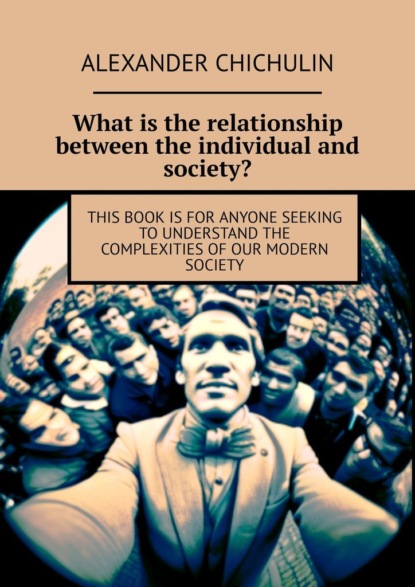The rise of liberalism in the 17th and 18th centuries had a significant impact on the relationship between the individual and society. Liberalism emphasized the importance of individual rights and freedoms, and argued for the establishment of social contracts that protected these rights.
John Locke, one of the key figures of liberalism, argued that individuals had a natural right to life, liberty, and property, and that the purpose of government was to protect these rights. This idea of individual rights was further developed by other liberal thinkers, such as Adam Smith, who emphasized the importance of individual economic freedom and the free market.
Liberalism’s emphasis on individual rights and freedoms led to the development of new forms of political and economic organization, such as representative democracy and capitalism, which placed a greater emphasis on individual achievement and self-reliance. This had a profound impact on the relationship between the individual and society, as it led to a shift away from traditional forms of social organization and towards new forms of individualism and individual achievement.
However, the rise of liberalism also had its drawbacks. The emphasis on individualism and self-reliance led to the development of new forms of social inequality and exploitation, particularly in the context of capitalism. The focus on individual rights and freedoms also led to a neglect of collective action and social welfare, which contributed to the emergence of new social and political movements in the late 19th and early 20th centuries.
Overall, the rise of liberalism had a significant impact on the relationship between the individual and society, emphasizing the importance of individual rights and freedoms, while also contributing to the development of new forms of social inequality and exploitation.
2. Sociological Perspectives on Individual and Society
Sociological perspectives on the relationship between the individual and society are diverse and complex. In general, sociologists have sought to understand how social structures, institutions, and cultural norms shape individual behavior and how individuals, in turn, shape social structures.
One major theoretical framework in sociology is structural-functionalism, which views society as a complex system of interconnected parts that work together to maintain social stability and order. According to this perspective, individuals are shaped by social structures and institutions, such as family, education, and religion, which provide the norms and values that guide individual behavior.
Another theoretical perspective in sociology is conflict theory, which views society as a system of social inequality and power struggles. According to this perspective, individuals are shaped by social structures that perpetuate inequality, such as class, race, and gender, and that the struggle for power and resources is a key driver of social change.
Symbolic interactionism is another important theoretical perspective in sociology, which emphasizes the role of language and symbols in shaping individual behavior and social interaction. According to this perspective, individuals construct their own realities through interaction with others and through the interpretation of symbols and language.
Finally, postmodernism is a more recent theoretical perspective in sociology, which challenges traditional views of social structure and identity. According to postmodernists, social structures and identities are constantly changing and evolving, and are shaped by a variety of cultural and historical factors.
Overall, sociological perspectives on the relationship between the individual and society seek to understand the complex and dynamic interactions between social structures, institutions, culture, and individual behavior.
Вы ознакомились с фрагментом книги.
Для бесплатного чтения открыта только часть текста.
Приобретайте полный текст книги у нашего партнера:








 Рейтинг:
0
Рейтинг:
0